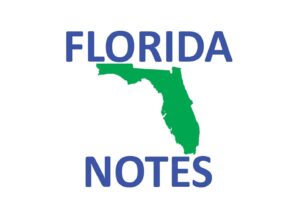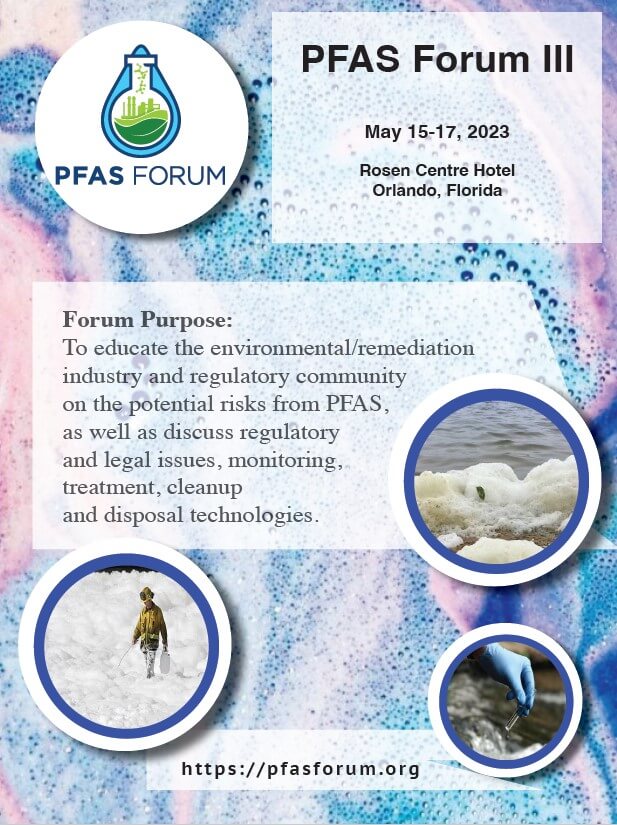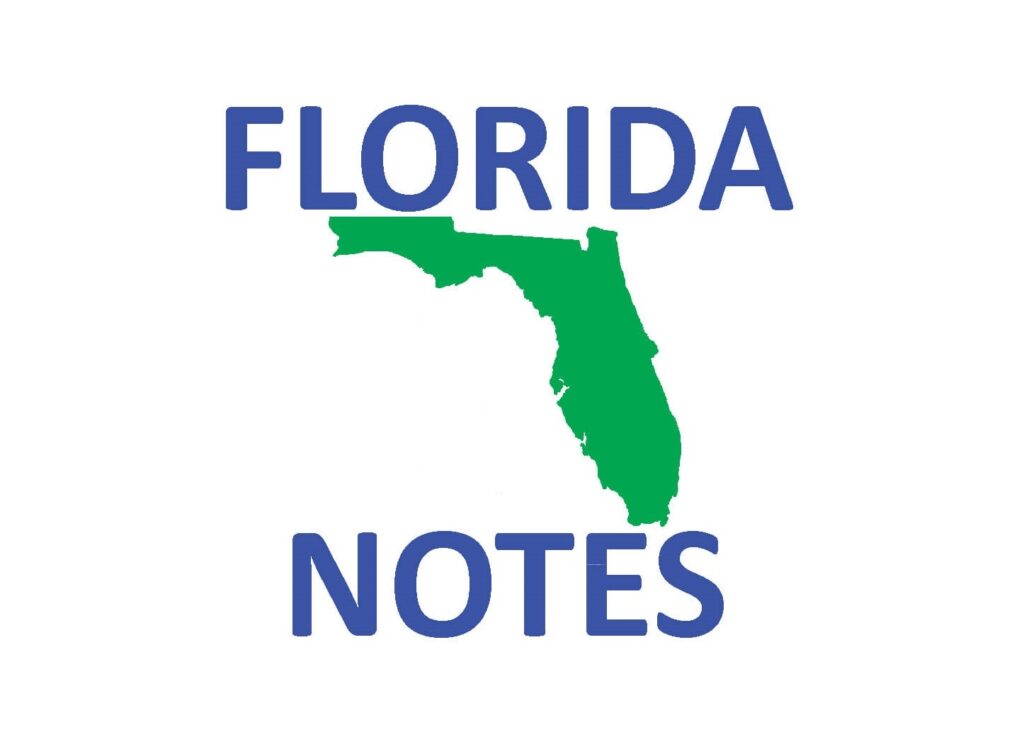By HONEY RAND, Ph.D.
Author, “Water Wars a Story of People, Politics, & Power”

Do you know what Florida’s most significant export is? Souvenirs? Oranges? Florida Man Memes?
No, No, Maybe; but arguably, for Texas, Florida’s most important export is a governance model. A what?
A way to organize and manage government. In this case, it’s the Florida Governmental Utility Authority (FGUA) which has been in operation for 25 years.
The FGUA is a statewide water and wastewater utility operating in 14 Florida counties with 80 systems and 120,000 connections. It is a government entity subject to all the laws and rules of Florida cities and counties.
The FGUA board of directors is comprised of senior staff from local governments who choose to have board representation. Every government where a system is located can seat a board member, but not everyone does.
In the early days of FGUA, this partnership of local governments was comprised primarily of counties but has since developed to acquire private investor-owned utilities, usually distressed, and bring them to local government standards.
In every case, the host government can acquire the FGUA system or systems in their respective community. Some have, but most have not. The entire relationship is spelled out in interlocal agreements.
Recently, local governments have sold systems to FGUA, like Dunnellon, Florida, which relieved itself of high debt, high rates, and environmental compliance issues receiving a cash payment at closing and improving its operating reserves. The FGUA acquired this system with low-cost U.S. Department of Agriculture financing. Another recent acquisition was the Flagler County utility with similar, low-cost investment from the State Revolving Fund.
Other places in Florida have water authorities, notably Tampa Bay, Peace River, and Withlacoochee.
Texas has water authorities and special purpose districts, too, but not like FGUA.
The Florida Governmental Utility Authority has no staff, instead using flexible, cost-effective contractors. They are paid for the work they do and meet high performance standards.
No other authority in Florida is “portable” like the FGUA, meaning it can move around the state where it is needed and wanted.
The FGUA board, comprised of what are called member governments, makes decisions for overall policy and direction. Decisions about capital improvements, rates, and quality standards for its systems are made collectively, though there is special deference for the desired direction of the host government.
In the past 25 years, members have come and gone, but most have stayed, finding this collaborative approach to water and wastewater service
management successful for everyone involved.
Beyond the management and
financial benefits of the structure is customer satisfaction.
Every other year, the FGUA surveys customers asking about connections, outages, water quality, bill-paying options, service responsiveness, and an entire range of issues.
This survey has been conducted over the last 12 years, and consistently, system wide, FGUA has had more than 75 percent good/excellent customer assessments. Some systems reach 80 percent favorability or more. In these divisive days when people are often angry and emotional, these results are even more remarkable.
Texas, like most places, has abundant water challenges. Aging infrastructure, too much flow or not enough. Some of their energy production requires water, so does mining, and, as always, agriculture has needs.
And we all like to eat.
Texas has a robust water planning process, with available funding. Yet, small and underserved communities often find themselves unable to compete for funds.
Some places already are overdrawn on their resources, while others are looking at shortfalls just a few years away. And, Texas is a big state punctuated with big cities that typically have the resources (human and otherwise) to do what they need to do.
But between those big cities are small, rural, and underserved communities that do not have institutional resources or the customer base to make the necessary investments to secure their water, protect their water quality, and deliver water to their customers. Without it, economic development is impossible.
So, a new governance model. Collaborative focus. Economies of scale. Smarter and lower cost infrastructure. Utilities can maintain control of their facilities — if they want to.
Moving through the Texas Legislature is a bill that will let utilities structure a new kind of partnership, an FGUA-type governance structure to give utilities of any size, including the small, rural, and underserved ones — access to different funding sources and a path to water security.
So, among the other exports from Florida, we can count effective, collaborative water and wastewater governance.
Florida and Texas are more alike than we imagine. Yes, Florida gets far more rain but each state is dealing with water pressure such as finding new sources, developing alternative supplies, funding development and infrastructure improvement.
Oh, and water quality, too. Vibrant growth with economic development and population are driving decision-making.
Texas and Florida are states that serve as models to the country. Both seek collaboration over conflict. The FGUA model adds to the Texas water toolbox.●
Honey Rand, Ph.D., is the author of Water Wars: A Story of People, Politics & Power.
















































